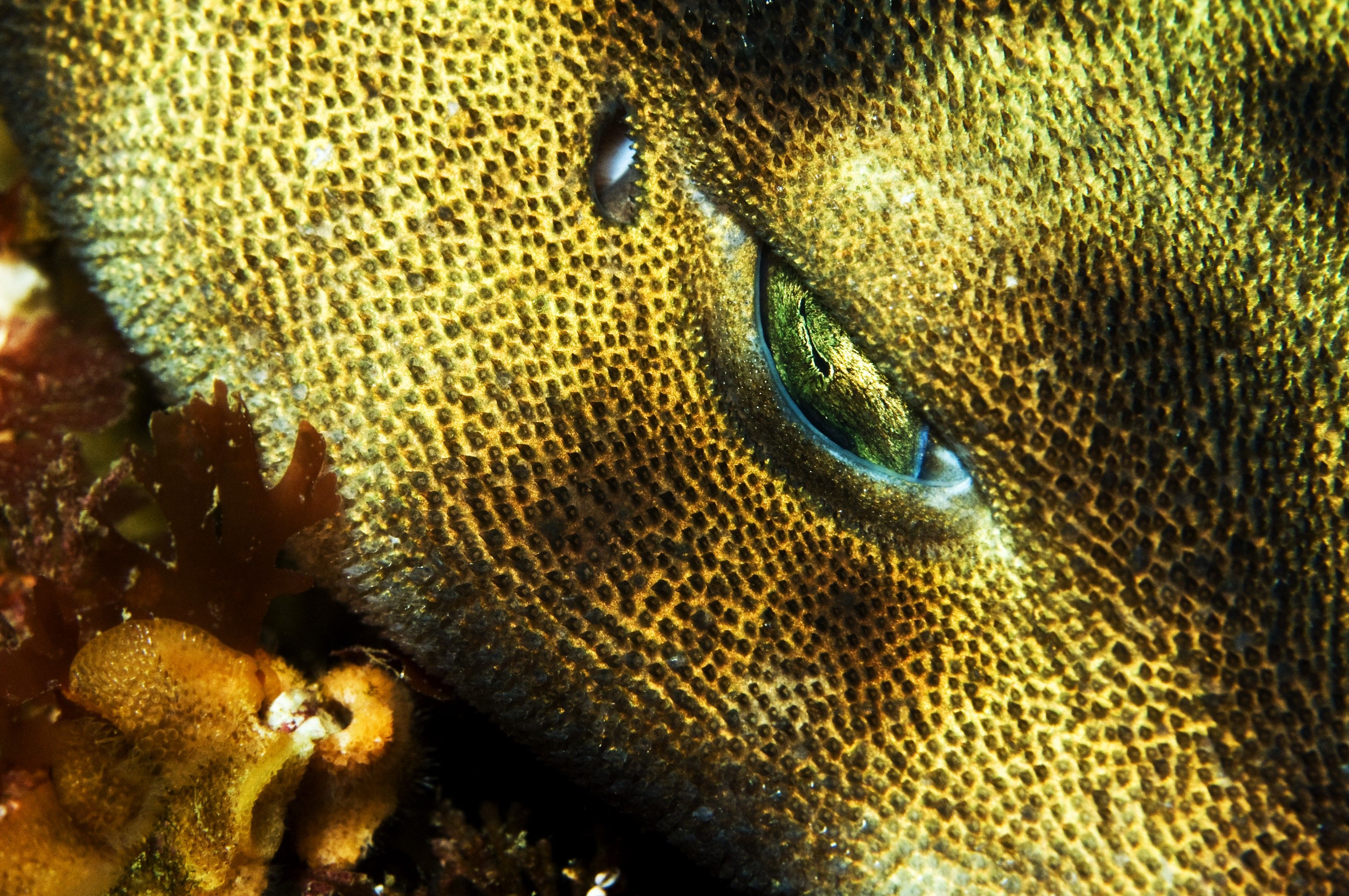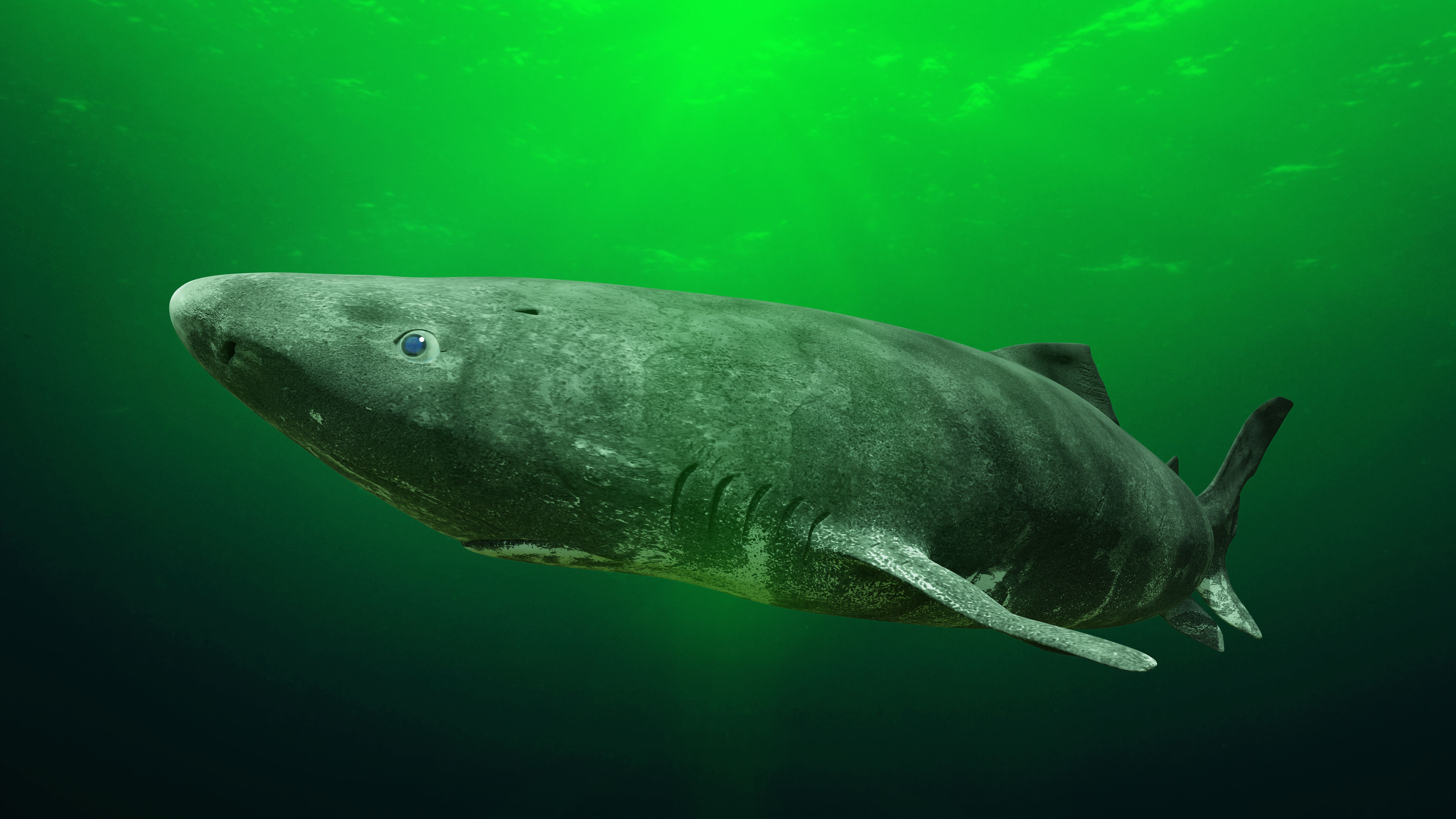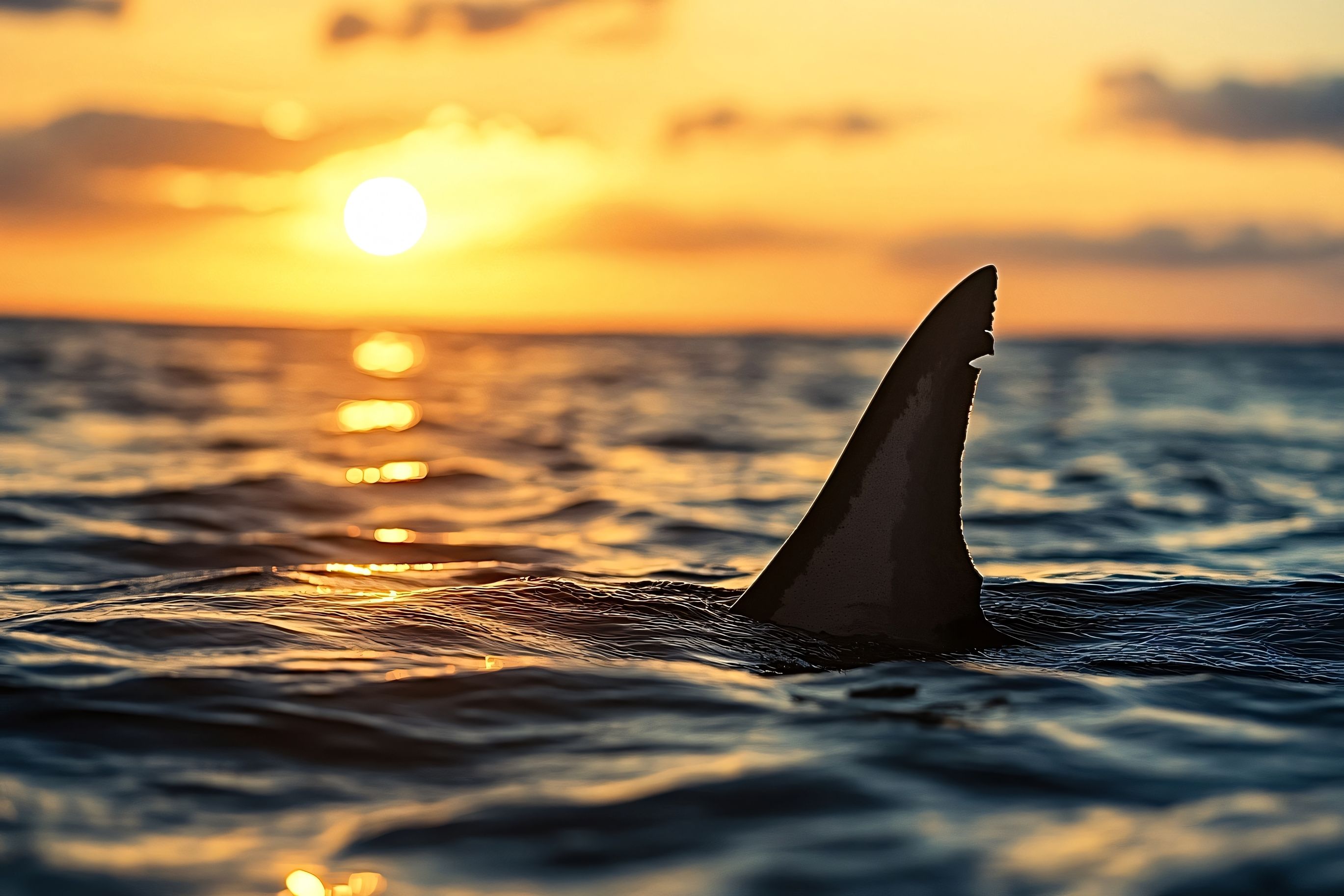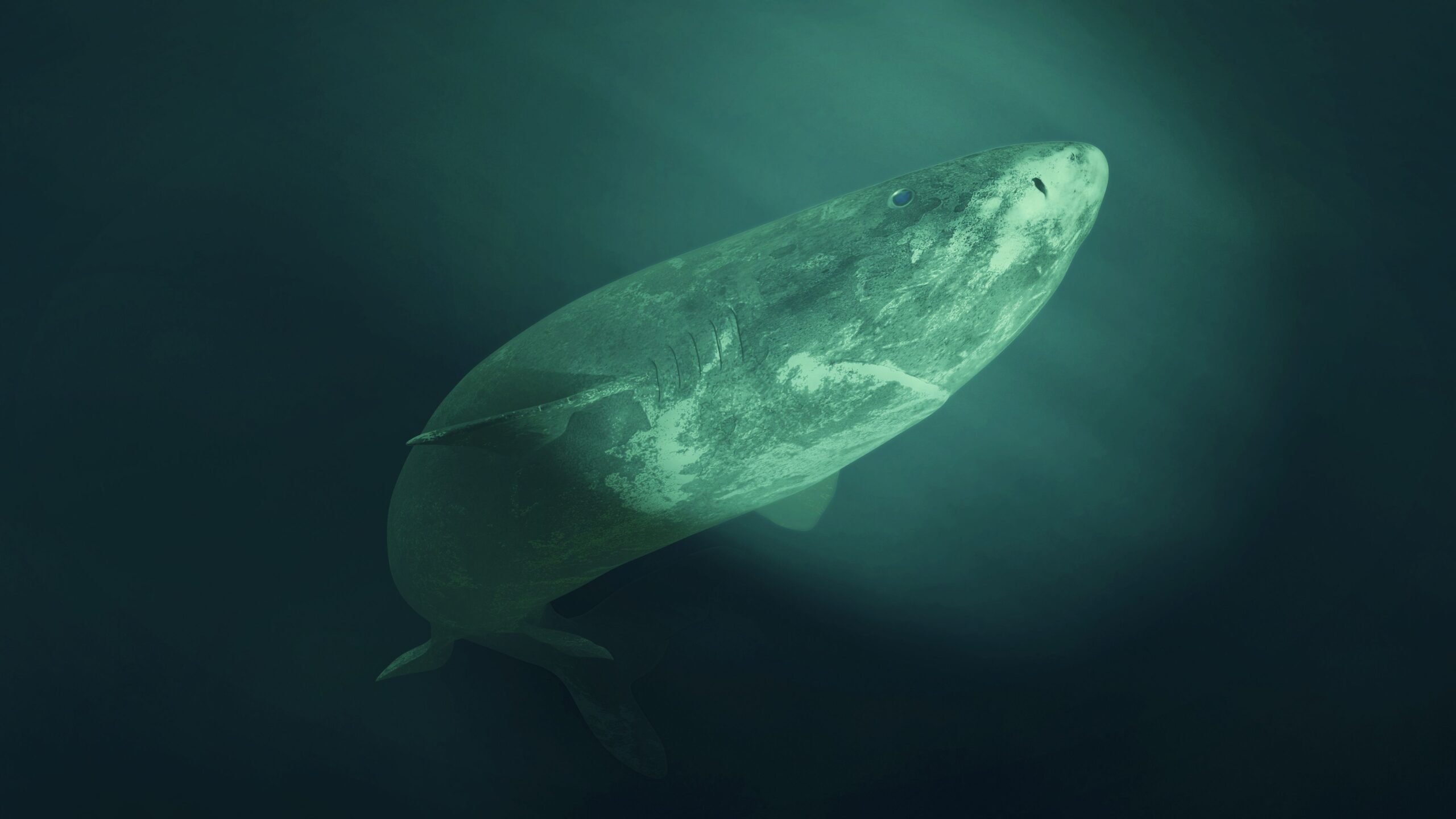Sharks have been present millions of years ago. They are one of Relatives of dinosaurs are still alive todayAnd the grandparents of sharks are known that they precede the dinosaurs. Mealodon, the most famous in prehistoric sharks, came after dinosaurs, and The idea of megalodon is shook forever!
Although Megalodons is still or still exists, there are still some wonderful sharks there. Shark fish are famous as dangerous and deadly, and some The world’s most bloody shark in the world was found in the United States. a lot Types of sharks is not so dangerousIncluding a shark that can live for hundreds of years: Greenland’s shark.
Greenland’s sharks are one of The longest animal on earthFor a while, scientists were not sure why they were able to live for a long time. But now, scientists have discovered the secret of the length of the shark in Greenland, and this discovery is very important to know how to better protect these animals in the future.

Related
Greenland sharks can live for more than 270 years
It can be the oldest Greenland piasters for more than 500 years
Greenland sharks (Microcephalus dreamIn the first place in the cold waters in the Arctic Oceans and the North Atlantic Ocean, from the surface to depths up to 8,600 feet (2600 meters). These sharks flourish in cold water, which ranges from 28 to 45 degrees Fahrenheit (-2 to 7 ° C).
Greenland sharks are the longest vertebrate animals on the ground, with a age of 300 years. It is known that the species as a whole lives for at least 272 years, which ranges between 240 to 250 years of most other sharks. But it is known that some Greenland’s shark lives as long as 500 years old!
This means that the individual Greenland shark, which is still wandering around the ocean today, could have existed during or before the eighteenth century.
You may wonder how scientists define the age of Greenland. Greenland sharks have proteins in their eyes that are not decomposing with age, and scientists can use radioactive carbon dating to determine the age of these proteins.
It will not give an accurate age, but it can provide an estimate of shark age. This is the way scientists determine that the largest shark in Greenland, which they studied was about 392 years (in addition to or minus 120 years).
Greenland’s sharks are the only sharks that can be found in the Arctic Ocean throughout the year. This makes them an important type of scientific study, as scientists were trying to know how they were able to live for a long time.
|
Scientific name |
|
|
length |
|
|
weight |
|
|
age |

Related
Scientists have just discovered how Greenland’s shark lives for a long time
It is likely to have metabolism
For a long time, scientists have faced a difficult time in determining the reason that Greenland’s shark is able to live for a long time. Especially because their age is much longer than other sharks.
Their age has long been due to the fact that these sharks lived in such cold environments throughout the year and did not move much. However, the years of studying these impressive creatures led to a more likely conclusion. Greenland’s metabolic sugar does not seem to change over time as with other animals.
Metabolism is the animal’s ability to break the nutrients from food to energy using enzymes, then energy is used to build new tissues or repair damaged tissues.
Metabolism decreases over time with age in most animals, which may lead to cell damage and body degeneration: the main signs of aging. But scientists have studied the metabolism of sharks in Greenland by taking muscle tissue samples of 23 Greenland sharks and monitoring enzyme activity to know the metabolic rate.
Then they measured the length of the shark body using a form created in A. 2016 study To determine the ages of sharks and found that sharks ranged between 60 to 200 years. But when they compared the activities of the shark enzyme, they found no change in the enzyme activity regardless of the age of the shark.
“In most animals, you expected to see some enzymes have reduced activity over time because they decompose and become less efficient.” – Ewan Camplisson, the main author of the study and doctoral student at Manchester University, As mentioned.
But the stable metabolism of sharks in Greenland throughout the ages show that they do not deteriorate as other animals do.
However, the cold environment of sharks plays a role, as scientists previously assumed. But their tests also showed that enzymes have a much larger activity at warmer water temperatures.
“We wanted to investigate whether the Greenland fish enzymes have been adapted specifically to work more effectively in cold conditions, but we have not seen this trend. Higher activity in the warmer conditions may indicate that if these sharks are forced to a warmer environment, the metabolism process will increase significantly, which may likely change their lifestyle.” – Ewan Camplisson, the main author of the study and doctoral student at Manchester University, As mentioned.
In other words, sharks are not specialized in cold conditions. Instead, it is the cold environment that allows sharks to survive slowly, and if these sharks live in the warmer waters, it is possible that the metabolism process will accelerate.

Related
This new research plays a decisive role in the future of Greenland’s penny
Scientists can help better understand how these animals are preserved
Greenland’s shark is not currently listed as a species threatened IUCN Red menu. This is why the discovery of these sharks is very important. Scientists can help to reach the preservation efforts specifically for Greenland.
Shark fish face threats that include habitat loss, arrest them by mistake in hunting equipment, and demand for their fins. But there is another more threat regarding Greenland shark in particular.
Knowing that Greenland’s shark metabolism will accelerate if they live in warmer waters that raise concerns about the effects of climate change on the Greenland shark and its age.
This raises anxiety more than the fact that the average temperature in the Arctic has risen at one rate Four times faster From the global average, which means that it heats much faster than any other area on the ground.
This new information that scientists have learned about the metabolism of Greenland Shark as an important starting point to understand how this shark era and how can be better protected from the effects of climate change.

Related
Greenland sharks are not generally dangerous for humans. Because of the cold environments in which they live, they rarely come into contact with humans. But human activities cause great threats to these sharks, some of which were able to survive for centuries.
But if nothing about climate change is done, Greenland’s age may become a shorter shark, along with other threats, can eventually die completely, which will be a sad end of these creatures that have been able to survive for a long time.
For this reason this research is very important: to protect sharks in Greenland and enable them to continue to be the longest vertebrae on the ground.
